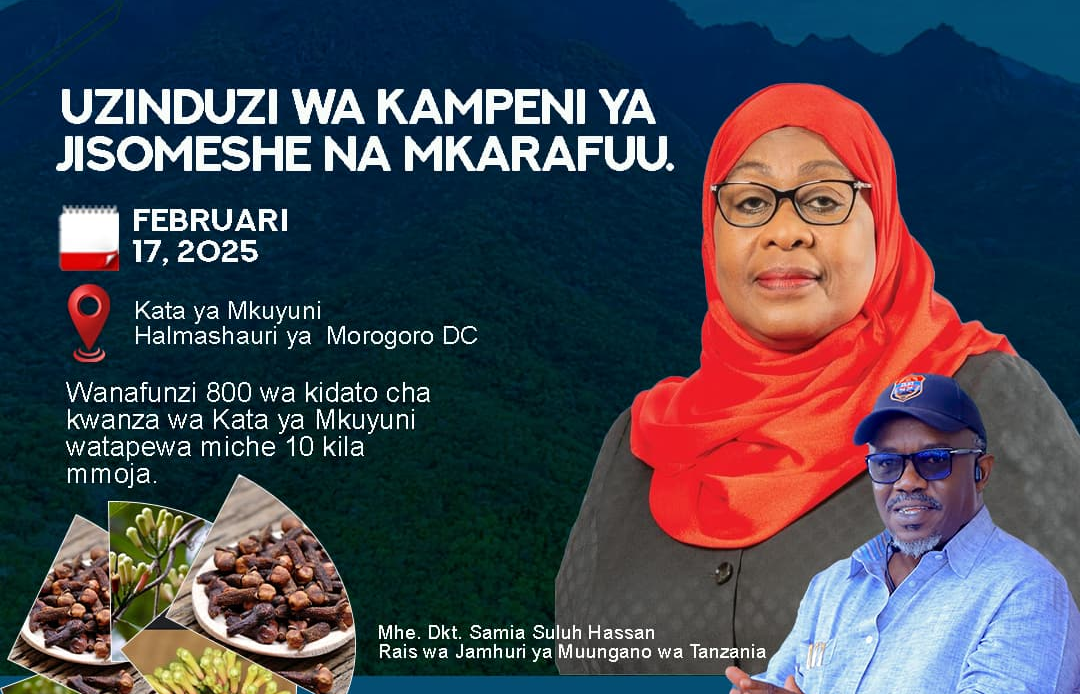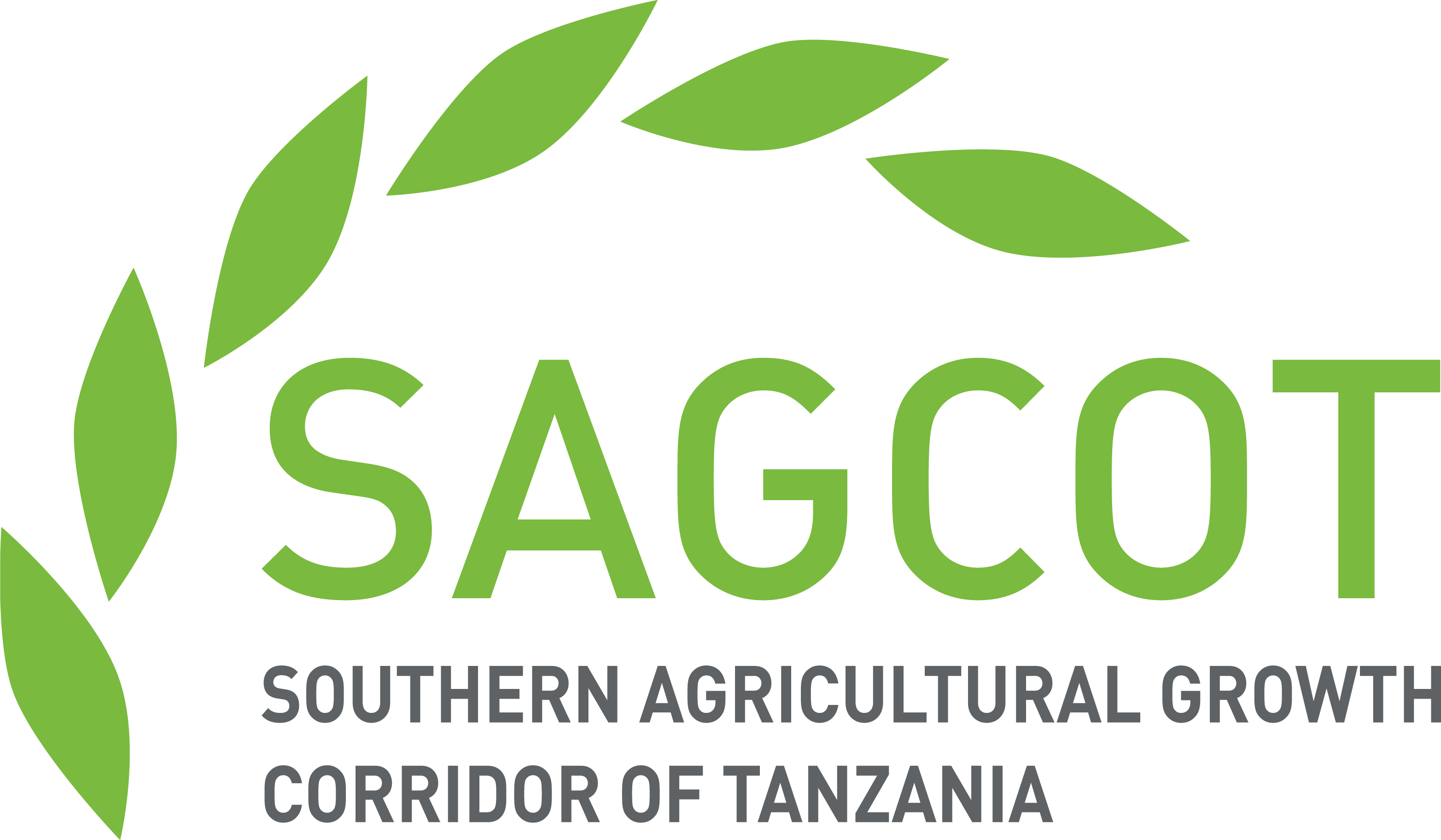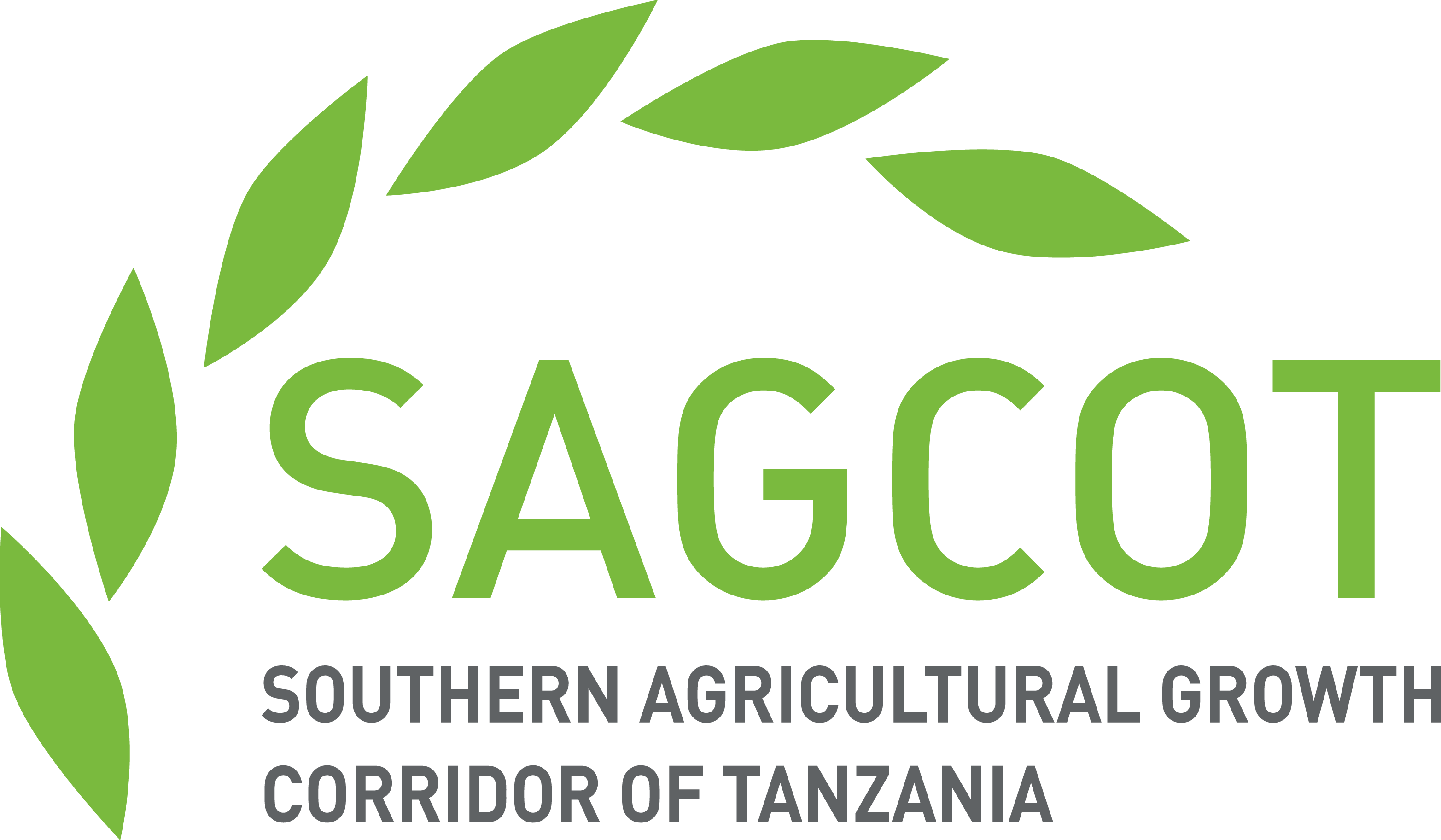Morogoro, Tanzania – To cultivate young agricultural leaders, the Morogoro Regional Government, in collaboration with the Agricultural Growth Corridor of Tanzania (AGCOT) and other key stakeholders, is set to launch an innovative educational campaign.
John Nakei, the Acting Head of Cluster Development at SAGCOT Centre, emphasised that the “Soma na Karafuu” (Learn with Cloves) campaign is part of a broader strategy to prioritise spice crops in the Morogoro region. About 800 Form One students in Mkuyuni Ward in Morogoro will each be gifted 10 clove seedlings to plant. Cloves are identified as one of the most promising crops for sustainable development. According to a detailed analysis by regional authorities, cloves are recognised for their economic potential alongside other spices such as cinnamon and ginger.
The initiative, strategically set to empower students by cultivating cloves, will be unveiled on February 17, 2025. This strategic endeavour, part of SAGCOT’s Spice Value Chain Strategic Partnership established between 2023 and 2024, focuses on boosting clove production, processing, and marketing to drive economic growth, enhance farmer incomes, and promote sustainability. The campaign builds on valuable insights from field studies in Zanzibar and aligns with efforts to strengthen the spice industry in Tanzania.
The campaign explicitly targets Form 1 students, encouraging them to plant at least five clove seedlings each. The initiative will provide the necessary resources to support them, including seedlings, tools, and training. This initiative is designed to instil agricultural skills early while ensuring economic security. “By integrating agricultural education with practical experience, we are providing our youth with the tools to build a sustainable future,” Nakei stated. Clove trees mature in three years and can provide substantial returns, with earnings from a single mature plant ranging from 80,000 to 150,000 Tanzanian shillings at the farm gate.
Nakei further elaborated on the dual benefits of the program: “This is not merely an agricultural initiative; it is a foundational life skills program. Participants can secure a reliable income source regardless of their academic paths, which is especially crucial for those facing academic setbacks.”
The Regional government will lead the official launch. The event promises to be a significant step forward in engaging youth in agriculture, with collaborative efforts from government bodies, educational institutions, and SAGCOT partners. The Morogoro region has become a spice production centre in mainland Tanzania. SAGCOT has recognised Morogoro’s immense agricultural potential, leading to a strategic partnership to establish the area as a leading spice producer.
Last year, at the inauguration of the Karafuu Investment House of Zanzibar State Trade Cooperation (ZSTC) in the Pemba Islands, President Dr Samia Suluhu Hassan urged farmers to boost production and maintain high quality, noting the ongoing high international demand for cloves that Tanzania has yet to meet.
The regional commissioner, Hon. Adam Kighoma Malima, actively champions the spice industry and the broader agricultural sector. This commitment is demonstrated through initiatives like providing clove seedlings to young farmers. With the backing of SAGCOT, a vibrant and robust community of young clove farmers is beginning to flourish in the region, promising a sustainable and prosperous future for local agriculture.
In 2023, Tanzania exported $30M worth of Cloves, making it the world’s sixth-largest clove exporter. According to various reports, the global clove market is worth $4.1 billion (2022) and is projected to rise by $6.7 billion (2030). In 2023, the Morogoro Region produced 2,000 cloves valued at 36 billion Tanzanian Shillings, and Zanzibar produced 4,000 tonnes.
SAGCOT has outlined a strategic vision for the Spice Value Chain Strategic Partnership. The plan includes establishing linkages with the Zanzibar State Trade Corporation (ZSTC) to leverage emerging clove production opportunities on the mainland. This collaboration aims to enhance Tanzania’s position in the global market by expanding its clove export capabilities. ZSTC is the sole institution for exporting cloves in Zanzibar and has a vast network of buyers worldwide. If necessary policy changes are made, it can also handle cloves from the mainland.

End




